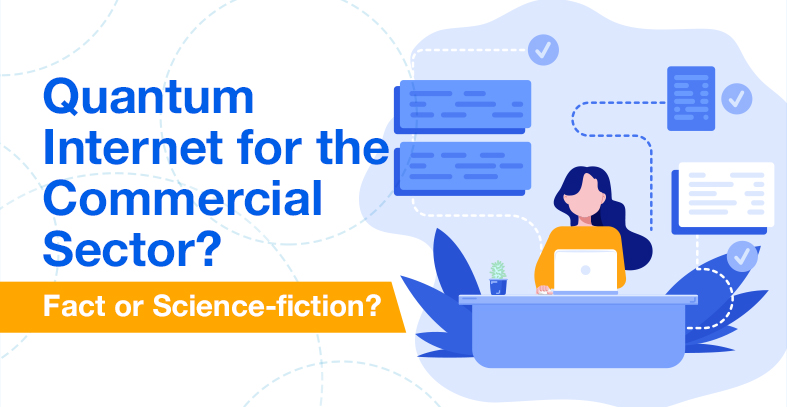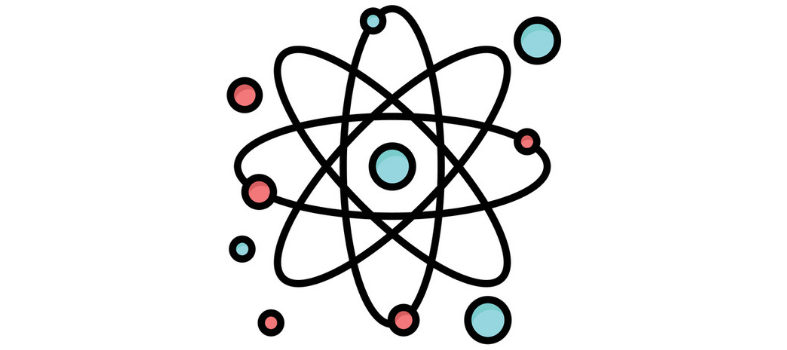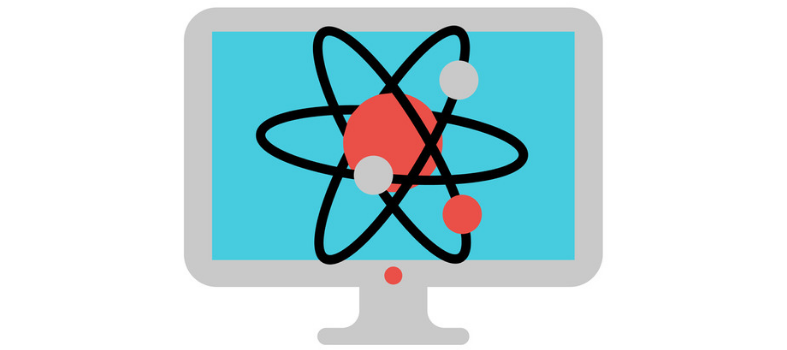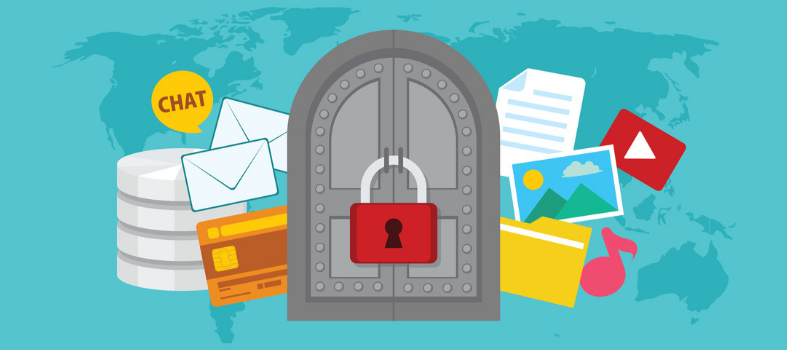Dutch researchers in Delft recently announced a major breakthrough in the race towards a new, more secure Internet after their success in producing a functional, quicker and more reliable quantum connection. What impact does this have on the owner of a commercial enterprise? Will your business soon be able to send messages faster than the speed of light to customers all over the globe (or beyond?). How close are we to reinventing the Internet? And should businesses be planning for a new type of network?
Spooky Action
Quantum connection is based upon the idea that a connection exists between two quantum particles, even if they have become separated over long distances. Particles that reflect each other are referred to as being entanglement. Current research on ‘faster than the speed of light’ data transfer concentrates on our ability to create this connection between two particles. The connection or, as Albert Einstein called it, “spooky action at a distance’ might mean that we can manage data more securely. Imagine one particle is in New York and the other is in Sydney. They have no visible connection, but if you change the shape of one the other will also change in shape. Spooky. But apparently very true.
In order to communicate using entangled particles, after entanglement between quantum particles has been established two similarly entangled light particles are released and can then be transmitted. It is possible to move one of these two light particles in a variety of ways. Future online connection may be possible through fiber optics, but China has also succeeded in radiating this light via satellite. This is the better solution, as light that passes through fibers creates noise and is very limited as to how far it can travel.
Spooky Internet In The Office?
So if you can pass quantum particles via satellite, how does this interpret into a completely new Internet for all? Well, it won’t in our lifetimes. Whether quantum computing or communication moves forward or not, classical networks will almost definitely remain the primary source of communications well beyond most of our lifetimes. Quantum devices and networks are not only too costly for the majority of businesses to afford, but their form in the next few decades can also be considered the equivalent of a nuclear device where a catapult will suffice. Their worth won’t show in day-to-day commercial applications, but in scientific research and global enterprises which handle vast amounts of sensitive data well beyond the scope of a commercial company.
High Security
The quantum state of entangled particles means that if you do something with one, such as copying it or even just looking at it, both particles change. You can therefore check from both sides to see if it has been sent undisturbed. While this doesn’t mean any data sent via quantum entanglement cannot be intercepted, it does mean that the sender and receiver know if the information is secure. This high-security feature is described as quantum cryptography and was first used with success in 1991 at the IBM Research Center in Yorktown, US.
This seems like the perfect solution for the enterprise that deals with sensitive data, but what is often not mentioned is that we don’t know how to use a quantum network to check for signs of interception. We must therefore still rely on a regular network which takes a significant amount of time when compared to the promises of ‘faster-than-light (FTL) communication’.
Quantum Communications Research
Recently, physicists at the University of Science and Technology of China managed to hold a 75-minute quantum-encrypted video conference call between themselves and physicists in Europe. This was possible due to the Chinese Micius satellite, an extremely costly gamble and the reason for China’s place as a front-runner in the race to quantum communications. However, what the majority of bloggers haven’t mentioned is that the quantum data sent during this conference call had to be regularly switched back to classical forms at various pit stops. This data was therefore potentially hackable at regular intervals.
This said, China is still making leaps and bounds in this area of physics and plans to open a 10 billion dollar research centre where the building of a quantum computer can commence within a year or two. Even Alibaba has jumped on the bandwagon; however, we shouldn’t be expecting tangible changes to the commercial sector in the next 30 years, let alone within the decade.
Delft Research
Sending particles at speed and for long distances poses the greatest obstacle at present. Research into quantum particles at TU Delft in the Netherlands has also made headway in forming entanglements. Still very much in the experimental phase, entangling had always been an extremely slow process. TU Delft developed a new technique that now makes it possible to entangle a particle up to forty times per second. This was, until now, unheard of and has become one of the reasons why many people think that a ‘Quantum Internet’ will be taking within the decade. This will not be the case; however, this discovery does make further research much easier, and much less time-consuming.
TU Delft is now working on a connection between Amsterdam, Delft, Leiden and The Hague which should be functional by 2020. The amount of power needed to keep the huge refrigeration units running, critical for cooling the powerful processors, means that this is not (at the moment) a very environmentally-friendly solution. This won’t be a complete quantum network, however. These four quantum computers will also be connected to a classical network. Hybrid systems such as these might become more popular in the future, but not in the near future, while a 100% quantum device and network is still Sci-Fi.
Myths
A number of myths are peppering the scientific news blogs and social media pages causing hopes and expectations that are, as yet, unfounded. Just like global warming, there are too many variables that stop researchers from creating a perfect and speedy solution from the materials they have to work with.
FTL
You won’t be able to send messages faster than the speed of light. While a quantum particle can manage this, any technology we use to interpret the changes it goes through will slow it down. Quantum computer processors must be isolated from all magnetic fields and light sources in order to communicate with each other. When measuring particles, the slightest environmental disturbance can create huge effects. Think of the world’s smallest mosquito trying to fly through a force ten gale.
No More Internet, But Quantumnet
Quantum communication isn’t a replacement for the current Internet, it’s a potential addition. If this field of research continues to develop, which it will, the results will initially be used for very specific, high-security communications on specialised networks which will have to be accessed on a classic computer system. A quantum computer, so much more powerful than anything we have yet been able to produce, will be able to sieve through genetic codes, computational chemistry formulas, life science permutations, and the most complicated cryptography in seconds, but will be overly powerful to be used in a business setting with our current data requirements. And to access the data that this powerful processor sends us, we will still need to implement the more old-fashioned network.
Quantum Computers In The Workplace
You probably won’t see a quantum PC at home or in the office in the next decade, or in the next three for that matter. Prototype quantum computers need to be cooled in temperatures colder than that of space, which means you won’t need to change your current office or home setups any time soon.
The Ultimate Solution To Secure Data
Quantum computing is secure, but not infallible. As we’ve already said, it is possible for someone to intercept a particle. However, those either end of the particle trail will be alerted to this. What few mentions is the other side of the coin. With current data security dependent on what we imagine to be extremely complex encryption, countries in possession of quantum computers will be able to decipher and crack the codes of traditional networks. Perhaps this is one of the reasons why so many big fish and governments are willing to pay substantial amounts for this area of research. When the first quantum computers do come on the market, they will need to be protected against the potential abuse of their power. This is a frightening prospect for many.
Don’t Sell Your Computers Off Yet
All in all, quantum communication is in an infant state (if not foetal) and so potentially and overwhelmingly powerful that once developed into a functioning product will remain out of reach for small to medium businesses for a lifetime. That said, those who remember their first game of Space Invaders on a ZX81 or Commodore 64 have witnessed the digital age expand from luxury to necessity in a span of less than forty years. We have had the privilege of observing science fiction unfold and transform into science non-fiction. Perhaps 100% Quantum Internet is on the cards. Just don’t sell your computers off yet.


 1300 353 700
1300 353 700 info@magiknewmedia.com.au
info@magiknewmedia.com.au





















